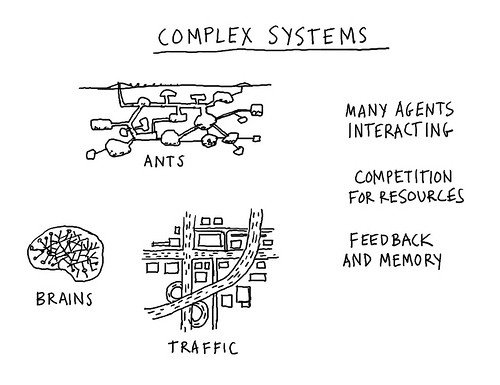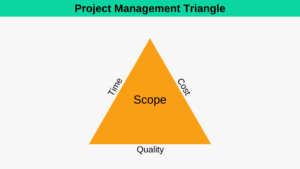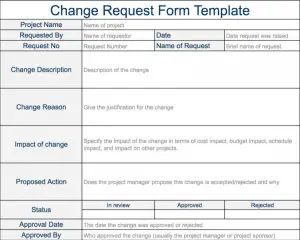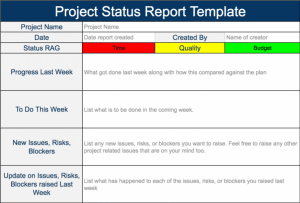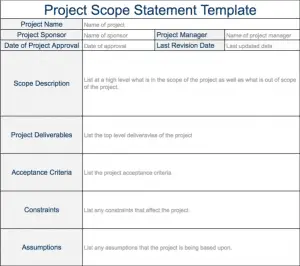Systems thinking provides a way to understand how different factors influence each other within a whole. This type of problem cannot be easily understood by traditional reductionist or logical thinking. But what exactly is systems thinking?
Giving a definition of systems thinking is difficult as it’s something that is best understood through experience. Let’s start to build our experience…
Consider the following question: how do you tell the height of a skyscraper using a barometer? Niels Bohr famously answered this exam question along the following lines…
- that you could tie a piece of string to the barometer and lower it from the top of the skyscraper, then measure the length of the string plus the barometer to get the height of the building.
- that you could drop the barometer from the top of the building and measure the time it took to hit the ground, then use this time as the basis for calculating the height of the building.
- that you could measure the length of the shadow cast by the vertical barometer and measure the length of the shadow cast by the building, then use some simple proportional mathematics to calculate the height of the building.
- that you could take a reading of the air pressure on the ground and at the top of the building, then convert the millibar difference into feet to get the height of the skyscraper.
- finally he pointed out that the easiest way to find the height of the building would be to knock on the janitor’s door and ask him to tell you the height of the building in exchange for a nice new barometer.
Apart from showing how clever Niels Bohr is, this story highlights a couple of points relevant to systems thinking. Firstly, that different people can look at a given situation from different perspectives. Secondly, that these people with their opinions and views are also part of the situation.
Now imagine that you have a weekly decision making meeting in work. The meeting isn’t working – trivial decisions are being debated for hours with certain individuals reluctant to back down on any given point. At the end of the meeting everyone feels exhausted and like they have been to battle. Now imagine that you want to understand why the meeting isn’t working so as you can improve it. What would you do?
One logical approach is to analyse everyone who attends the meeting and decide for that person if they are contributing to or detracting from the meeting being successful. You could then remove the most destructive person from the meeting in the hope the meeting improves.
It’s quite unlikely that the meeting would improve as as result of this action, as your analysis only looked at the constituent parts or components of the meeting and not the relationship between all the people in the room. It is the relationships and interactions between all the people in the room that is making the meeting unsuccessful, and not one individual in isolation.
This is where systems thinking comes in by helping us to analyse problems as a whole. You can think of systems thinking as simply a toolbox of tools to help us examine complex systems such as the meeting example above in a holistic way.
* Image by dgray_xplane
